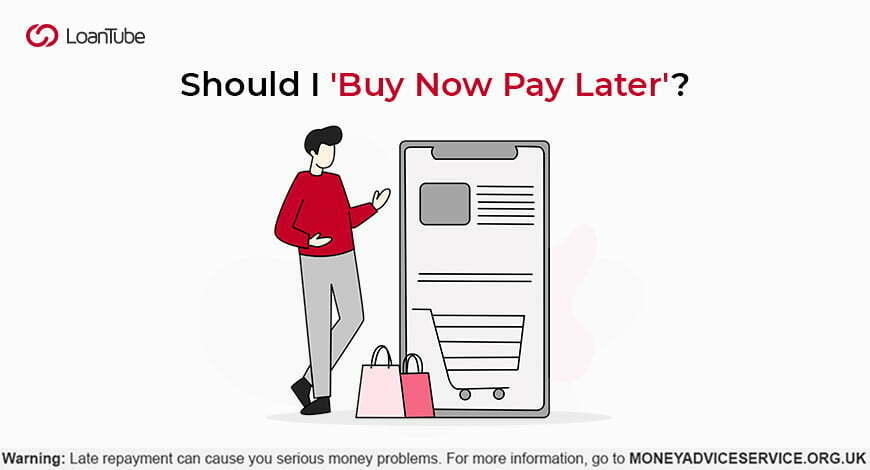

This would disappoint consumer campaign groups who have long argued that the sector needs urgent regulation by the Financial Conduct Authority (FCA). However, it appears that the government has now about to announce that it will hold off for the time being, apparently because some of the bigger BNPL providers said that they could leave the UK market if subjected to " heavy-handed" regulation. Such regulation may well make some consumer purchases that are perceived as "high risk" less attractive to fund (eg, plastic surgery), to the extent they are financed over an extended period with no interest. So what would regulating look like? Well, for example, it would include the extension of liability under section 75 Consumer Credit Act 1974 (CCA) where purchases have a cash price of more than £100 and less than £30,000 (the “Section 75” provision that was originally introduced to protect credit card users). The FCA found in its latest annual survey that nearly nine million Brits (around a sixth) had used deferred payment credit or BNPL deals in the past year. Indeed, new regulation was planned and BNPL was to be included under the Financial Conduct Authority (FCA) “Consumer Duty”. This makes me (and and many others) wonder whether it is time for some regulation. BNPL definitely changing how people pay: Two thirds of Brits say they have used it even though they’d originally intended to pay for the item in full. More than a third of users spend more than they had planned. Of those with payments outstanding, more than half (55%) owed more than £100. Half of the 10 million BNPL users have a bill they haven’t yet paid off and a third have at least two. This includes groceries (11%), toiletries and hygiene (8%), household bills (5%) and fuel (4%). Almost two million BNPL customers are now using it for essential items, according to research from the Money and Pensions Service. And across those age groups, it is no longer about luxuries.

Now, however, Brits are increasingly reliant on BNPL as a payment method and while there has been a significant shift in spending across all ages, it is young people who are using these the most. Well, I can well remember when BNPL first arrived on our shores, it was used to buy fitness equipment and designer clothes. Overall, Research and Markets estimate that the UK BNPL market will grow from around $33 billion per annum now to around $55 billion five years from now. It is expected to account for 10% of all UK e-commerce spending by 2024.

When it comes to online purchases, BNPL currently takes up 5% (£6.4 billion) of the UK market and is showing a 200-300% annual growth rate. It is currently the fastest-growing online payment method in the UK, with a growth rate double that of bank transfers and more than triple that of digital wallets. The main players in the UK market (including Klarna, ClearPay, LayBuy and PayPal PYPL as well some of the banks) are clearly providing a service that consumers want and I personally know people who find it a convenient way to manage expenditure. More than one-third of all Brits have used BNPL services (more than 19 million people), a fraction that has doubled over the last two years. It is an established option for UK consumers. The growth of Buy Now, Pay Later (BNPL) services in many markets is has been rapid, and the UK is now different. It's not only techfins looking at this sector though: regulators are too. Earlier this year Apple AAPL launched its BNPL service in the US to compete for the more than $100 billion in purchases that Americans are making using this payment method (and I don’t doubt that my good friend Ron Shevlin was absolutely right to call it “ a winner”) and now Amazon AMZN Pay has launched two new BNPL programs to serve different customer segments, ahead of the holiday shopping season.

Fintechs such as Klarna blazed the trail, the banks joined in and the techfins have taken up the torch. The Buy Now Pay Later (BNPL) sector continues to evolve and now the techfins are ramping up the competition. (photo by Daniel Harvey Gonzalez/In Pictures via Getty Images) In Pictures via Getty Images company which allows users to buy now, pay later, or pay in instalments, as the company's valuation fell from $46 billion to $6.7 billion in its latest round of investor fundraising, on 14th July, 2022 in Manchester, United Kingdom. Members of the public pass by a floor advertisement for tech firm Klarna, a European ecommerce.


 0 kommentar(er)
0 kommentar(er)
